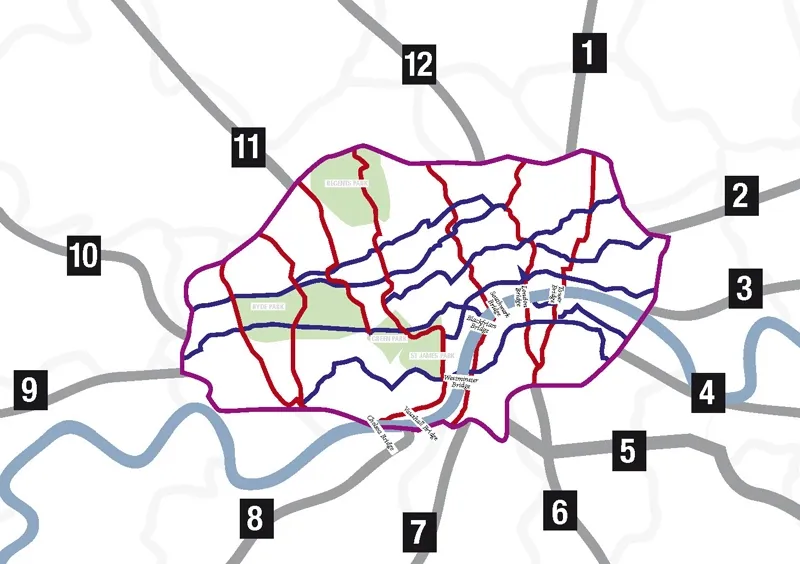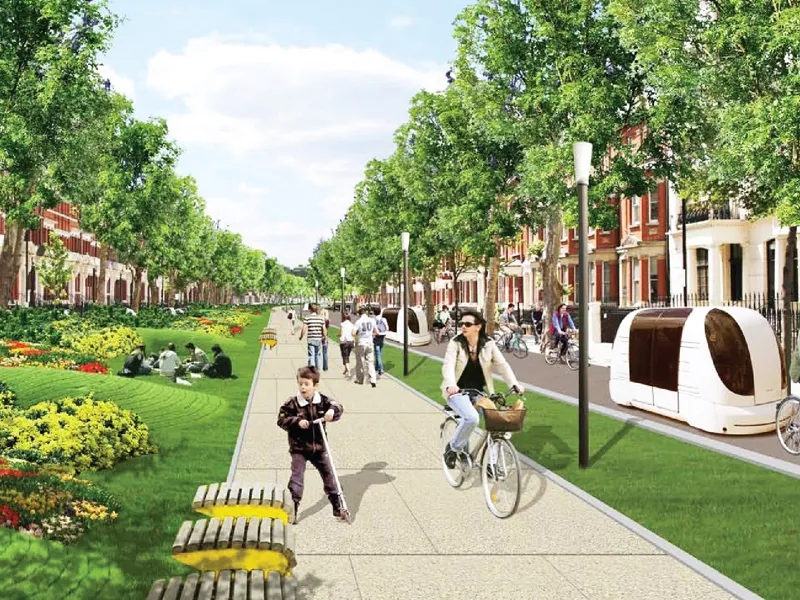The London Cycling Campaign say there isn’t one complete north-south or east-west cycle route across Zone 1 of the English capital, and they've come up with a solution: BikeGrid.
This quick and relatively low-cost network would also link the ends of the proposed Cycling Superhighways, which under current plans stop short of central London.
Most of the Transport for London (TfL) funding for the 500-mile London Cycle Network Plus (LCN ) is due to end this year, despite the fact it is only 60 percent complete and the hardest and most expensive, and generally most useful, sections have so far been left out
Boroughs have been left to decide whether or not to complete their sections, and the LCC see this as a prime opportunity to introduce an integrated cycle network across Zone 1. They say the BikeGrid would also help to cope with the 40,000 extra bike journeys per day that are expected to be generated when London's new bike hire scheme launches this summer.
Speaking to BikeRadar, LCC communications officer Mike Cavenett was keen to stress how practical BikeGrid was. "It's already been designed; it's not a fanciful idea," he said. "It's concrete proposals produced by London-based traffic/cycling infrastructure experts within LCC.
"The BikeGrid has been designed to be a cost-effective project. The principle is to use roads that are currently running under capacity for motor vehicles, and convert them at relatively low cost into high-traffic cycle routes."
The new Cycle Superhighways take cyclists to the centre of London, but not into or through it. A TfL document published in October 2009, Cycle Superhighways Questions and Answers, discussed the two pilot routes for this summer and said the Barking to Tower Gateway one had "excellent cycling provision but it lacks continuity in places and is underused".
Critics fear the Superhighways could suffer the same fate as the LCN , with the basic infrastructure put in place but more expensive and challenging work delayed or scrapped. The plans floated by the LCC could help avoid this.

